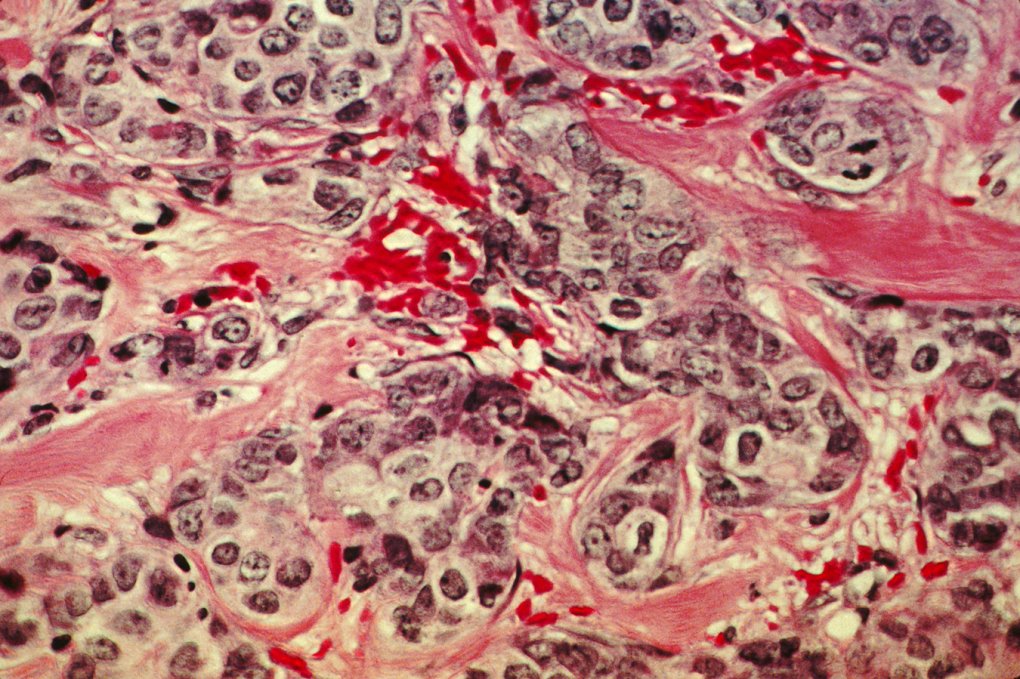
How stress brings cancer to life again
Stress hormones such as cortisol or norephidrine can reawaken dormant tumour cells, a research team led by AstraZeneca has found out.
An international research team led by AstraZeneca’s oncology expert Dmitry I. Gabrilovich report that
that stressed neutrophils might act as a tumuor’s alarm clock in mouse models and lung cancer patients. Inducing stress in mice resulted in tumour cell reactivation, whereas treating mice with ?-blockers to inhibit stress hormone signaling prevented tumour cell reactivation.
Stress hormones and neutrophils may contribute to the recurrence of tumors years after treatment by awakening dormant cancer cells, suggests a study of mice and data from 80 patients with lung cancer. Stress hormones cause rapid release of proinflammatory S100A8/A9 proteins by neutrophils. S100A8/A9 induce activation of myeloperoxidase, resulting in accumulation of oxidized lipids in these cells. Upon release from neutrophils, these lipids up-regulate the fibroblast growth factor pathway in tumor cells, causing tumor cell exit from the dormancy and formation of new tumor lesions. Higher serum concentrations of S100A8/A9 were associated with shorter time to recurrence in patients with lung cancer after complete tumor resection. Targeting of S100A8/A9 or ?2-adrenergic receptors abrogated stress-induced reactivation of dormant tumor cells.
The researchers suggest that beta blockers or compounds that target S100A8/A9 proteins should be evaluated as potential therapies to disrupt the reactivation process, but stress the need for more sophisticated models of tumour cell dormancy.


 Bayer AG
Bayer AG
 Picture from Ferdinand Stöhr on Unsplash
Picture from Ferdinand Stöhr on Unsplash